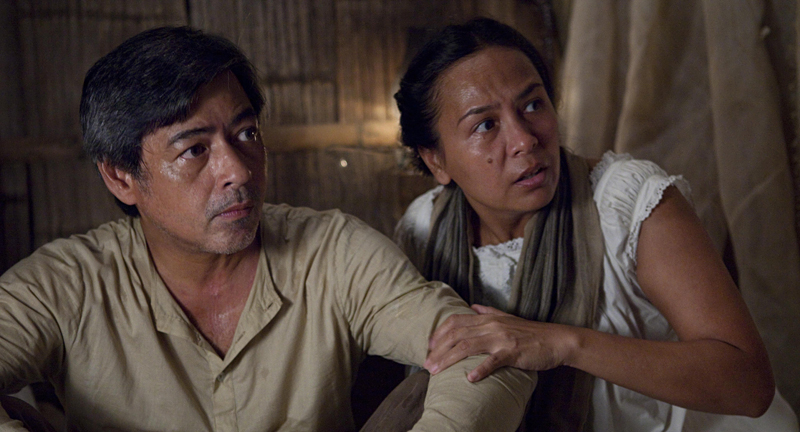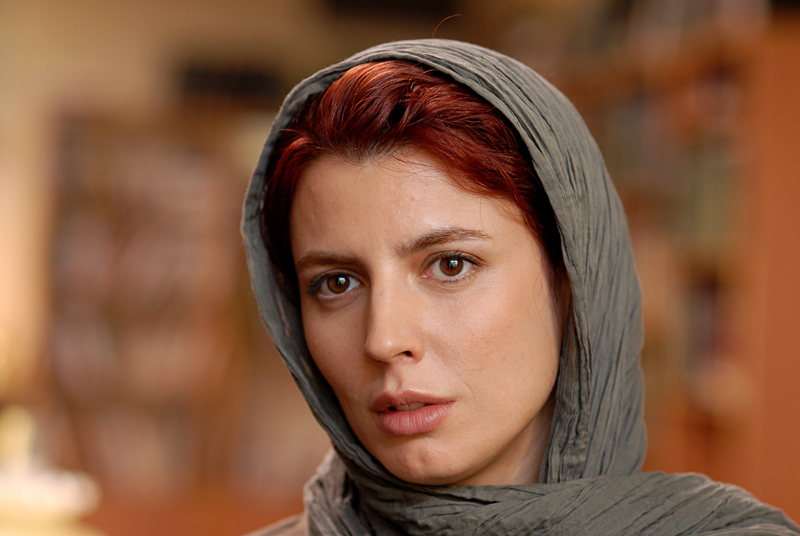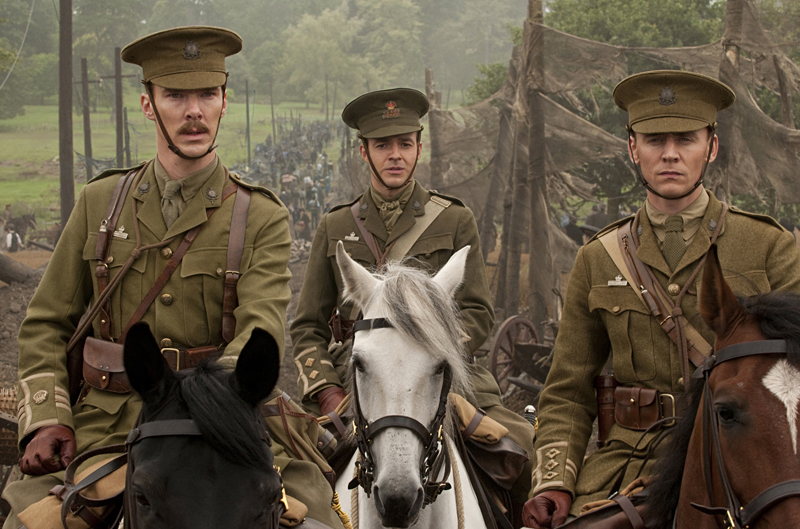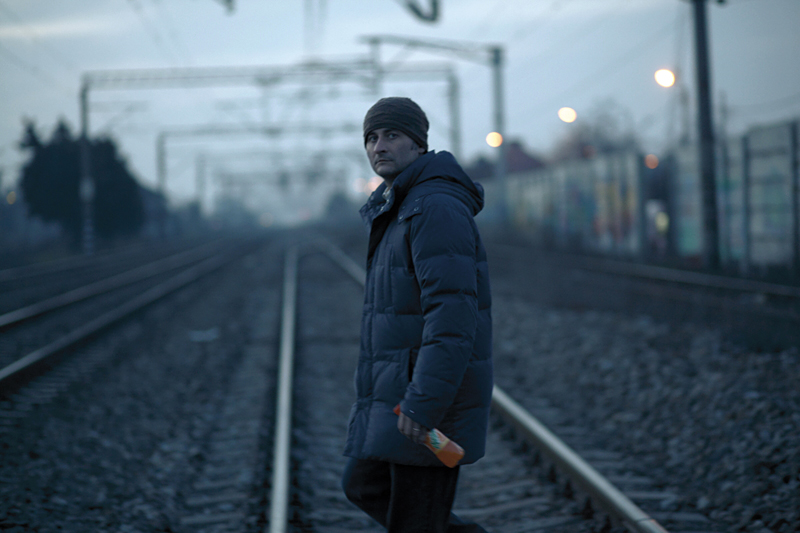John Sayles’ Amigo aspires more to educate than entertain, but it’s no less engrossing for that. Torn from the pages of history, if not those of Sayles’ recently published, epic turn-of-the-20th-century novel A Moment in the Sun, the movie harks back to America’s first real imperial adventure—the bloody pacification of the Philippines. Featuring a large Filipino cast and shot by a mainly Filipino crew, Amigo is set in a northern Luzon village occupied by U.S. soldiers and surrounded by guerrilla insurrectos. It’s a movie of multiple perspectives and four languages: Spanish, Tagalog, Chinese, and English. The protagonist Rafael (Filipino superstar, and the movie’s co-producer, Joel Torre) is the village leader, caught in the middle and pitted against himself—a self-proclaimed amigo to the Americans and an ambiguous “friend of the revolution.” Sayles takes care to establish the historical forces at play—feudalism, nationalism, colonialism, religion—but Amigo is in many respects a family quarrel. It’s also a movie in which everyone has their reasons, and various sides commit atrocities, although this sense of relative values does not necessarily make for subtlety. Sayles’ politics are impeccable—he’s the working-class hero of American movies and literature—but he seldom misses an opportunity to make his point. His filmmaking is highly functional, with nearly every shot designed to deliver a message. Dialogue is similarly blunt: Whatever their language, all the characters are scripted to speak in clichés. Still, Amigo is intelligently rip- roaring, a thoughtful action film, a teachable moment.
Amigo: John Sayles’ Imperialist Prologue in the Philippines








